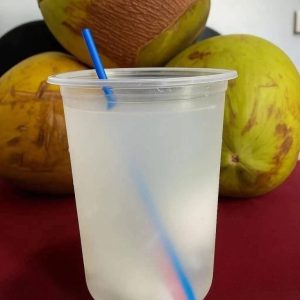Bathing at the wrong time or under the wrong conditions may increase stroke risk, especially for older
adults or those with health issues like high blood pressure or heart disease. Here are five situations to avoid:
1. Right After Waking Up: Morning blood pressure is naturally high. Sudden cold exposure can constrict
blood vessels, raising stroke risk. Tip: Wait 30–60 minutes after waking before bathing.
2. Immediately After Eating: Blood shifts to the skin during bathing, reducing brain and digestive
blood flow. This can cause dizziness or fainting. Tip: Wait 1–2 hours after meals.
3. When Extremely Tired or Weak: Fatigue lowers blood pressure. Hot showers can worsen this,
risking fainting or stroke. Tip: Rest and hydrate. Use warm water, and ask someone to assist if needed.
4. Very Late at Night: Body temperature drops at night. Cold baths can shock the system,
affecting circulation. Tip: Bathe with warm water in a comfortable environment.
5. In Very Cold or Hot Water: Extreme temperatures strain your heart and blood vessels. Tip: Stick to lukewarm water.
Being mindful of these conditions helps reduce risk and ensures safer bathing, especially for those with existing health concerns.





